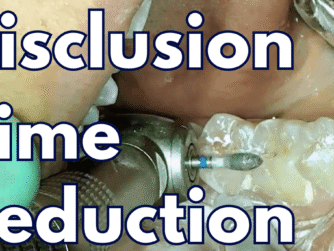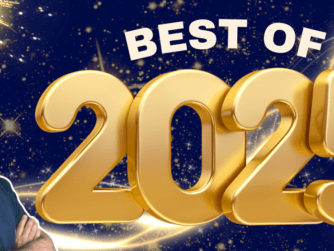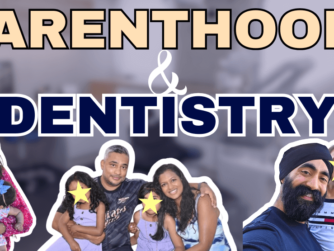Podcast: Play in new window | Download (Duration: 48:36 — 67.7MB)
How do we decide whether speciality training is right for us?
Is the best time to specialise straight after Dental School? Or should we gain some experience in practice first?
Dr Beant Thandi joins us today to share his journey into specialising and shares some key experiences that will surely help guide you along the way.
We discuss the different specialities within Dentistry as well as what personality types may suit them. This episode will really help you understand what it takes to specialise and how to get there.
Key Takeaways:
– Beant is starting his specialization in periodontics.
– His journey began during COVID, leading to a desire to specialize.
– Proactive learning and mentorship played a crucial role in his
development.
– Financial planning is essential when considering specialization.
– Choosing a specialty should align with personal interests and strengths.
– Periodontics offers a breadth of practice that appeals to Beant.
– The importance of community support in dental education cannot be overstated.
– Reflection and documentation of cases can enhance learning and confidence.
– Understanding the financial implications of specialization is vital.
– It’s important to stay grounded and not rush into specialization.
Need to Read it? Check out the Full Episode Transcript below!
Highlights of this Episode:
00:00 Teaser
02:38 Intro to Dr Beant Thandi
04:03 Dental Journey
06:10 What Influenced You?
12:56 Too Young to Specialise
17:50 Judgement by Jaz
21:00 Never too Young
26:05 Cost of Specialising
28:23 Why not the USA?
31:30 Roasting Prostho
34:45 Roasting Endo
37:42 Roasting Ortho
39:49 Roasting Oral Surgery
45:00 Shoutout to Lucy
45:30 Final Thoughts
47:28 End Outro
If you liked this episode, check out a classic: Should You Specialise? PDP006
This episode is not eligible for CPD/CE points, but never fear, there are hundreds of hours of CPD waiting for you on the Ultimate Education Plan, including Premium clinical workthroughs and Masterclasses.







